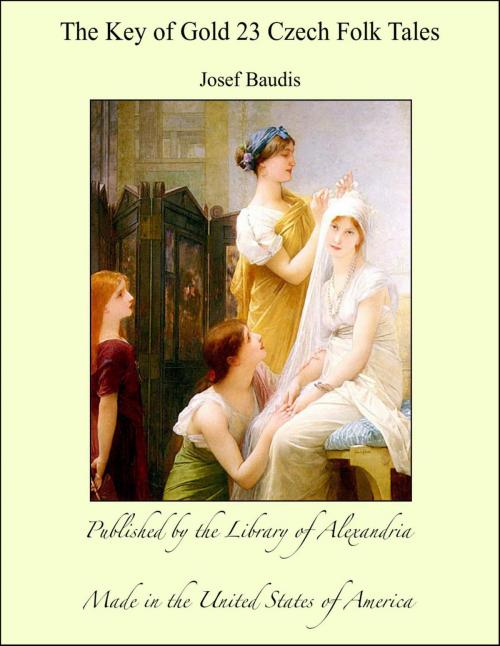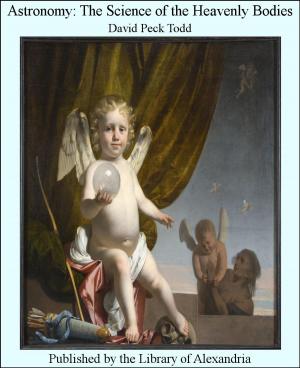The Key of Gold 23 Czech Folk Tales
Nonfiction, Religion & Spirituality, New Age, History, Fiction & Literature| Author: | Josef Baudis | ISBN: | 9781465576767 |
| Publisher: | Library of Alexandria | Publication: | March 8, 2015 |
| Imprint: | Language: | English |
| Author: | Josef Baudis |
| ISBN: | 9781465576767 |
| Publisher: | Library of Alexandria |
| Publication: | March 8, 2015 |
| Imprint: | |
| Language: | English |
THE present collection is intended to exemplify the spirit of the Czech race. It may perhaps be objected that folk-tale themes are part of a common stock belonging to all European races, and even to many primitive peoples: but though this is perfectly true, it is also no less certain that the spirit of the nation manifests itself in the manner of their telling. The selection has been made from all sorts of folk tales, artistic and primitive alike; and yet two things are common to all of them: the moral tendency and a sense of humour. By this I do not mean morality in the vulgar sense of retribution for evil, or of filial devotion, or the sentimental insistence upon "every one living happily ever afterwards," and above all upon Jack marrying his Molly. I mean that higher sort of morality which was the mainspring of Protestantism. It is often supposed that Protestantism is very unfavourable to the development and preservation of folk tales; but those of Bohemia are certainly an exception to this rule. The Czech nation was the first to adopt the Protestant faith, and even to-day is still Protestant at heart, though the Habsburgs forced it back into the Catholic fold. The Czechs, then, have preserved their love for folk tales, adapting them to the higher morality and to the national sentiment, and discarding many of their supernatural features, or where the supernatural was allowed to remain for a moment, reverting very soon to the strict limits of probability. It is the very same method which, for example, Mr. Wells employs in some of his novels. That the Slav nations have a certain tendency to lay stress upon the ethical side in their folk tales has already been pointed out by the Czech poet Erben, whose tales have been translated into English in Wratislaw's Collection.
THE present collection is intended to exemplify the spirit of the Czech race. It may perhaps be objected that folk-tale themes are part of a common stock belonging to all European races, and even to many primitive peoples: but though this is perfectly true, it is also no less certain that the spirit of the nation manifests itself in the manner of their telling. The selection has been made from all sorts of folk tales, artistic and primitive alike; and yet two things are common to all of them: the moral tendency and a sense of humour. By this I do not mean morality in the vulgar sense of retribution for evil, or of filial devotion, or the sentimental insistence upon "every one living happily ever afterwards," and above all upon Jack marrying his Molly. I mean that higher sort of morality which was the mainspring of Protestantism. It is often supposed that Protestantism is very unfavourable to the development and preservation of folk tales; but those of Bohemia are certainly an exception to this rule. The Czech nation was the first to adopt the Protestant faith, and even to-day is still Protestant at heart, though the Habsburgs forced it back into the Catholic fold. The Czechs, then, have preserved their love for folk tales, adapting them to the higher morality and to the national sentiment, and discarding many of their supernatural features, or where the supernatural was allowed to remain for a moment, reverting very soon to the strict limits of probability. It is the very same method which, for example, Mr. Wells employs in some of his novels. That the Slav nations have a certain tendency to lay stress upon the ethical side in their folk tales has already been pointed out by the Czech poet Erben, whose tales have been translated into English in Wratislaw's Collection.




![Cover of the book The Downfall [La Débâcle] by Josef Baudis](https://www.kuoky.com/images/2015/march/300x300/9781465619082-sWaL_300x.jpg)










